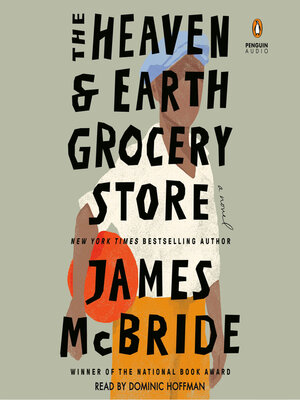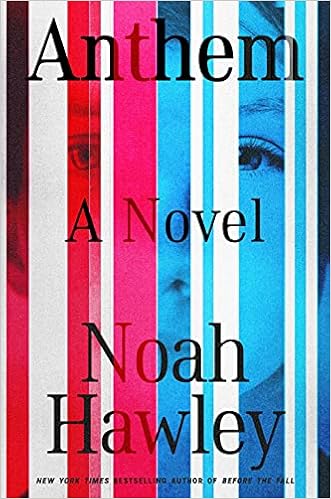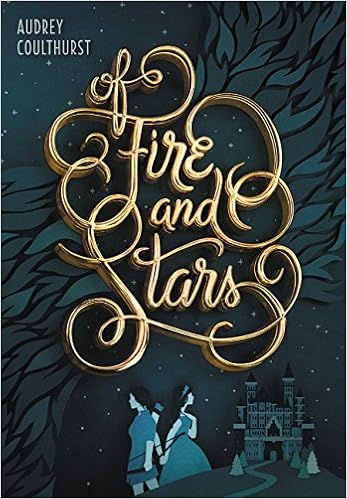After binging the excellent queer pirate comedy Our Flag Means Death, I actively sought out media that would fill the hole it left. In that search, I repeatedly saw The Mermaid, the Witch, and the Sea by Maggie Tokuda-Hall recommended. I’m always in a mood for pirate content, but the nonbinary representation promised in The Mermaid, the Witch, and the Sea was enough to get it to stand out from the crowd.
What’s it about?
Evelyn is the beautiful, wealthy, highborn daughter of Imperial nobility. Unfortunately, she’s far from a proper lady, and her parents decide that the best thing to do with her is to send her to an arranged marriage across the world at the very edge of the empire’s reach. Little does Evelyn know that the ship she boards is actually crewed by pirates who plan to overtake their passengers and sell them into slavery. Her only hope is Florian, the pirate who was assigned to protect her while onboard and with whom she has fallen in love, but who is hiding more than one secret.
What’d I think?
I love books and movies and sitcoms about pirates. In fiction, pirates are almost always chaotically fun; they might break the rules, but it’s always the rules everyone wants to break anyway (like women have to be proper or no telling rich people how much they suck). They drink lots of rum and dress immodestly, but when it comes down to it, they’re good people who live rough and care about each other and only kill when strictly necessary. They’ve run away to sea because they have a romantic idea of the sea, or because they’re gay and fleeing homophobic society, or because they just don’t want to have to put up with The Man. This makes for very enjoyable fiction, but it’s not especially true. While it’s true that lots of pirates may have gone to sea to escape the limitations of polite society or because they couldn’t afford to go anywhere else, it’s also true that piracy was savage and violent. Tokuda-Hall does not forget that, and while she does sand down the rough edges a little in order to YA-ify the story, there is a lot of darkness and cruelty in The Mermaid, the Witch, and the Sea. Florian/Flora, one of our dual protagonists, may have gone in with pirates because he and his hapless brother Alfie would have starved to death if they hadn’t, but one they’re in they’re in. Flora is no innocent. She has killed on her reprehensible captain’s orders, and she has taken part in the enslavement. She doesn’t like it, but before meeting Evelyn she never protested, either, preferring to keep her head down. His position being what it is, Florian has always had to balance his morality with his self-interest. When the two options are starving to death and stealing poor children’s bread and condemning them to starve to death, it’s not much of a decision. Florian is saving money to leave the life, but she is anchored to her brother, whose softness and trauma has turned him into a drunkard with an expensive addiction. Abandon her brother or keep pirating? Flora lives an ugly life with ugly choices, and the novel does not shy away from that ugliness.
Nor does it shy away from brutality in general. Imperialism is a major part of the novel, and major storylines stem from the cruel ways in which the empire conquered neighboring lands, stripped them of their culture, and then instilled them as lesser colonies to the Emperor. The empire in this novel is loosely inspired not only by England and America, but also by Imperialist Japan. One of the POV characters, Rake, third in importance only behind Flora and Evelyn, is old enough to remember his homeland being ravaged; the resultant grief, anger, and PTSD is his primary motivating force. A relationship to the empire is fundamental to every character in this novel. Because we spend time with the pirates, outcasts and enemies to the emperor, most of the characters have been directly harmed by this imperialism, and Tokuda-Hall leans directly into that.
Continue reading

















 When I stop to think about it, I actually haven’t read many review of Natasha Ngan’s Girls of Paper and Fire. I saw it on a few vague lists of diverse YA fantasy and since that’s my jam, I added it to my to-read list and then got it at the library because it was more readily available than some of my other choices.
When I stop to think about it, I actually haven’t read many review of Natasha Ngan’s Girls of Paper and Fire. I saw it on a few vague lists of diverse YA fantasy and since that’s my jam, I added it to my to-read list and then got it at the library because it was more readily available than some of my other choices. I wasn’t a huge fan of Of Fire and Stars, and as I read Girls of Paper and Fire, I couldn’t help thinking that this was what Coulthurst meant to write. Girls of Paper and Fire is intense. The stakes feel high, the caste system makes sense, and the characters are well-drawn. We understand why Lei falls for her love interest, and we understand how dangerous the love story is while still understanding why our heroine pursues it. There’s not a minute when the reader isn’t painfully, horrifically aware of the violence inherent to Lei’s situation.
I wasn’t a huge fan of Of Fire and Stars, and as I read Girls of Paper and Fire, I couldn’t help thinking that this was what Coulthurst meant to write. Girls of Paper and Fire is intense. The stakes feel high, the caste system makes sense, and the characters are well-drawn. We understand why Lei falls for her love interest, and we understand how dangerous the love story is while still understanding why our heroine pursues it. There’s not a minute when the reader isn’t painfully, horrifically aware of the violence inherent to Lei’s situation.